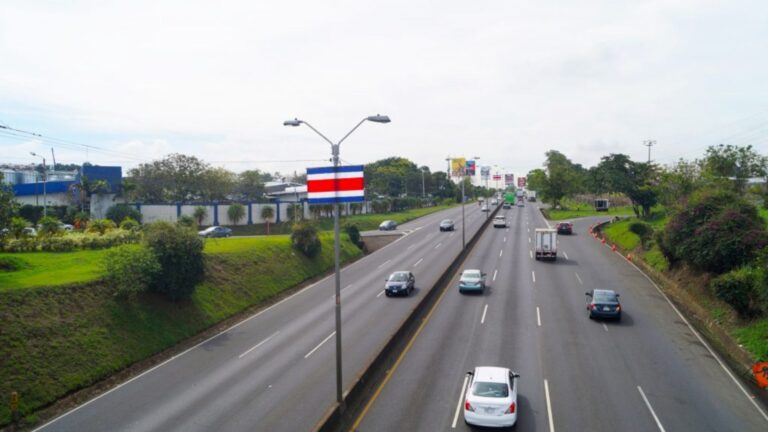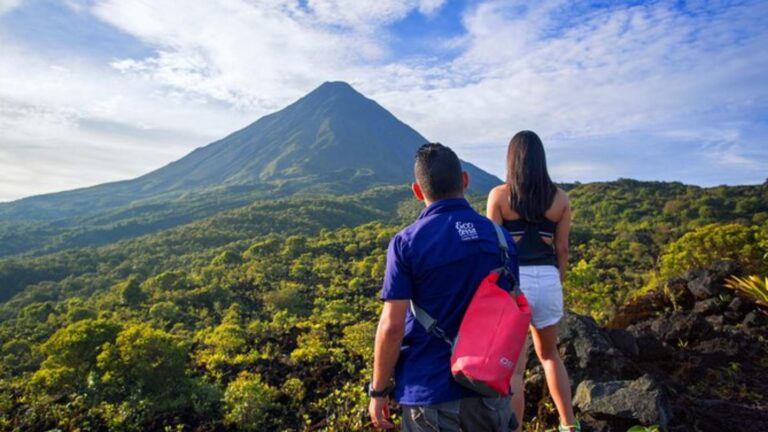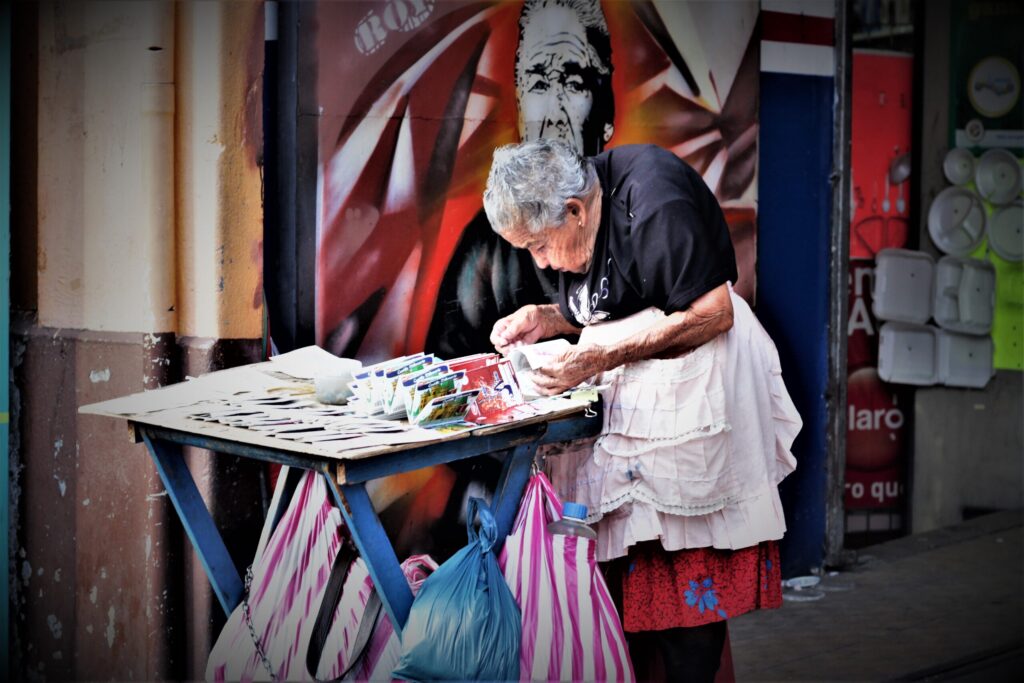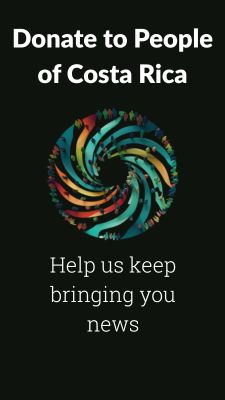Costa Rica’s rivers are much more than currents of water; they are a symbol of life and purity, the very heart of our “Pura Vida” identity. However, a recent study from the University of Costa Rica (UCR) reveals an invisible threat that concerns us all. This scientific finding, published this week, serves as a wake-up call about the health of our most precious treasure and forces us to ask what we are doing to protect it.
The Finding: A Contamination You Can’t See
The UCR’s research is clear and direct: residues of human-consumption drugs have been found in the country’s important water sources. Among the compounds discovered are analgesics, antibiotics, and other pharmaceuticals we use in our daily lives. Unlike plastic waste or trash that we can see and collect, this is an invisible “chemical contamination.” It doesn’t stain the water or produce a bad smell, but its effects, though silent, can be very real and harmful.
Why Should We Care? The Impact on People and Nature
This news goes beyond the scientific realm and affects us directly. First, it raises serious questions about public health. Although the detected levels may not pose an immediate, acute risk, long-term continuous exposure to these compounds in our water is a concern that authorities and science must address.
Furthermore, this contamination threatens the heart of who we are: a natural sanctuary. Our rivers are home to countless species of fish, amphibians, and insects that are vital for ecological balance. The constant presence of pharmaceuticals can affect their ability to reproduce, their development, and their survival, weakening entire ecosystems. Ultimately, this reality challenges our valuable global reputation as a green, sustainable paradise.
The Origin of the Problem: How Do Drugs Get into the River?
Understanding the origin of the problem is the first step to solving it. Pharmaceutical residues reach our rivers mainly through two pathways. The first is within our own homes, when we dispose of expired or leftover medication down the toilet or sink, a practice more common than one might think. The second is that most of the country’s wastewater treatment plants are not designed to filter out these chemical micro-pollutants, so a portion of them inevitably reaches the rivers.
A Call to Action: Small Changes with a Big Impact
Far from creating alarm, this news should inspire action. As citizens, we have the power to be part of the solution with simple yet effective actions. The most important step we can all take is to never throw medications down the drain or in the regular trash.
The correct way to dispose of them is to take them to secure collection points, such as pharmacies or health centers that have specific programs for them. Asking at your local pharmacy is an excellent first step. Likewise, it is essential to talk about this issue with family and friends. Raising awareness in our community is the most powerful tool for driving collective change.
The UCR study is not a sentence, but an opportunity to act. It reminds us that the health of our rivers is intrinsically linked to our own health and that of the country. Protecting the purity of our waters is a shared responsibility that begins with the decisions we make in our homes. The task of caring for Costa Rica’s natural treasure begins today, at home, with each one of us.


















